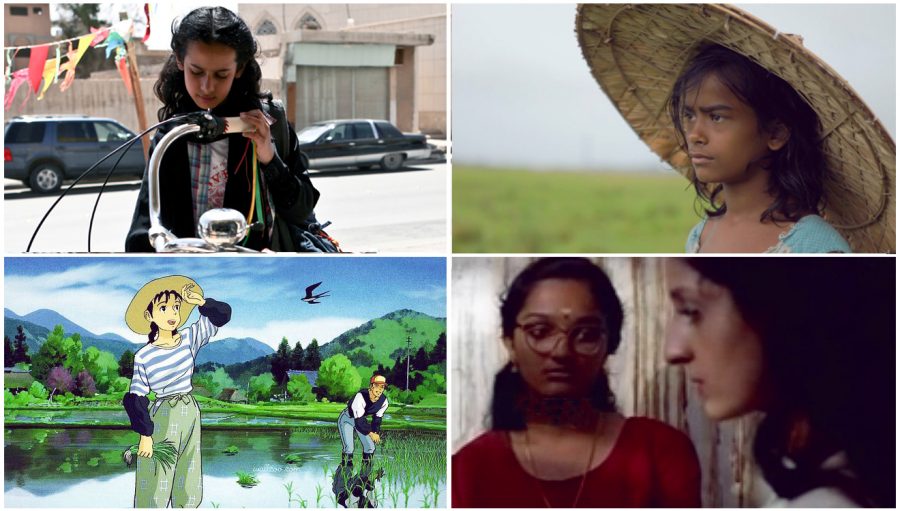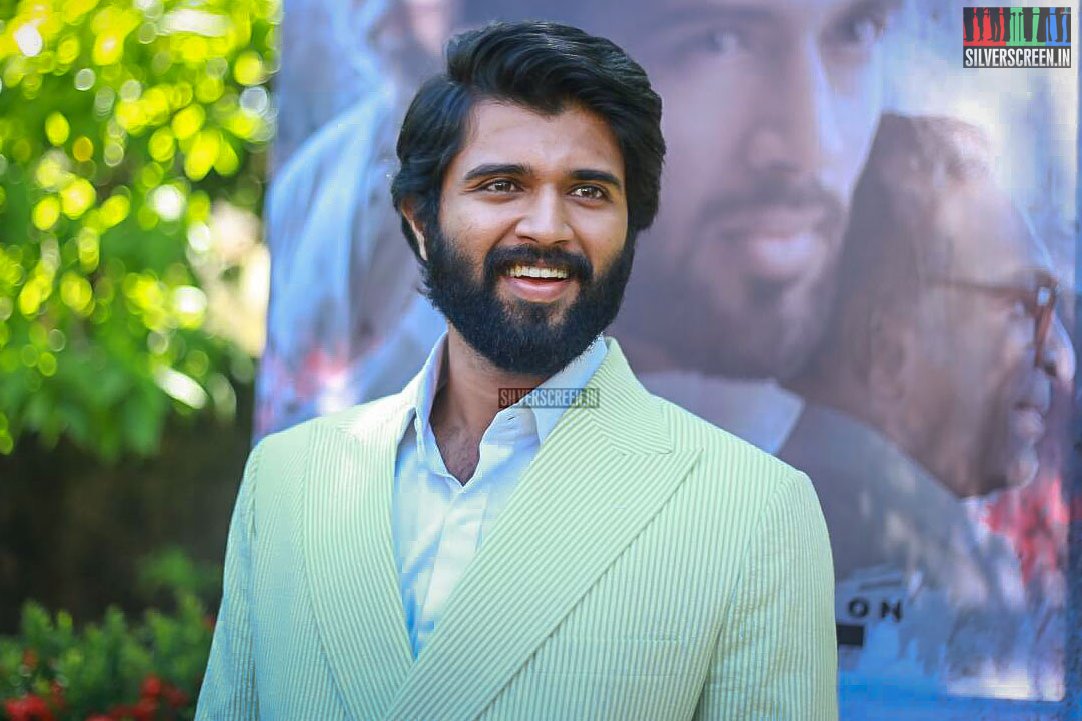Not many filmmakers have paid attention to girlhood as much as they have to the stories of men in their various phases of life. The subtle emotional, social and physical experiences of girls have rarely been featured in our cinema, and when they did get featured, almost every time the piercing male gaze spoiled the plot, and turned the films into an everyday sexist affair (Eg. Hollywood chick-flicks like Legally Blonde).
This Women’s Day, we list out a bunch of films that have marvelously refashioned the coming-of-age genre by narrating tales of spirited girls navigating childhood and adolescence, freely making mistakes and redeeming themselves.
Only Yesterday (1991, Japanese)
In a conventional middle-class Tokyo household of three daughters and working parents, the youngest one starts nurturing an old-fashioned dream; to move to the country-side and be a farmer. Taeko’s siblings follow the latest fashion trends, plaster the walls of their rooms with posters of The Beatles, and worship pop-culture stars. But 10-year-old Taeko is fascinated by the smell of fruits and the life in villages. Isao Takahata’s charming 1991 movie is a feminist tale structured like a generic feel-good drama.
It is produced by Japan’s famed Studio Ghibli which has to its credit a number of brilliant animation films centered around little girls, like Princess Mononoke and Kiki’s Delivery Service. In Only Yesterday, there are marvelously written scenes that depict girlhood – puberty, unorthodox ambitions, social relationships and the first romance – in all their glory and complexities. As a 27-year-old woman, Taeko, despite constant prodding from her mother and sisters, refuses to get married. She takes life slow and steady, letting herself be surprised by the turns rather than get boxed into a conventional mould. Takahata portrays her rebellion delicately, making the idea look natural.
Ennu Swantham Janaki Kutty (1998, Malayalam)
Based on writer MT Vasudevan’s short story, this film follows the life of a quiet bookish teenager, Janaki (Jomol), the youngest scion of an aristocratic joint family. While everyone in the large ancestral house are consumed by worldly pleasures of life, Janaki aka Jani escapes loneliness by befriending a Yakshi (a celestial being) who lives on a giant tree in the backyard. Others refer to the Yakshi as a blood-sucking monster, but Jani trusts and loves the sylph who comes to be the only person in the world who understands her.
MT Vasudevan Nair’s story oscillates between fantasy and reality, much like Jani Kutty’s average day. She is infatuated with a handsome young neighbor, yet never lets go off her strong personality to get the man. Ennu Swantham Janaki Kutti asks young girls to never forgo their ability to imagine a new world. Jani gets her first taste of misogyny in the world from a story that the Yakshi narrates. It is also a heartwarming tale of female bonding that goes against the norms of patriarchy.
Ladybird (2017, English)
In the opening sequence of Greta Gerwig’s Ladybird, Christine aka Ladybird (Saoirse Ronan) is travelling with her mother in a car, engaged in confrontational conversation about her higher education plan. Mother tells her she is unlikely to get into a college in New York as her grades aren’t as good as she assumes. In response, Ladybird opens the door of the running car and lets herself fall fatally on the road. She would rather die than talk to her mother. Gerwig’s film is made of such brilliantly written scenes that girls across the world would relate to.
At one point, Ladybird distances herself from her best friend and makes friends with a rich and popular girl at school. She despises her family for their lack of coolness, and she earnestly wishes they lived in a better, more flamboyant neighborhood. The underlining fact about Ladybird is that it is unapologetically feminist and doesn’t conform to the male-gaze or perspective in storytelling. Gerwig exposes the life of young women with a rare honesty, never holding back in portraying their fallacies, stubbornness and ambitions, even if they don’t look pretty on screen. And moreover, Ladybird is funny in its own right.
Village Rockstars (2017, Assamese)
Little Dhunnu lives in a flood-prone village in north Assam with her mother. They live frugally, and there isn’t much hope in what she is surrounded with. Yet, Dhunnu nurtures big ambitions – to launch her own band, and be a rock-star guitarist. The elder women in the village constantly pass condescending judgmental remarks on her, and tell her mother to not let this little girl run loose with the boys in the village with whom she climbs trees and goes on boat rides. Mother snaps at them, “If I brought her up single-handedly so far, I know how to bring her up further.” Her father had drowned in a flood that submerged the village a long time ago. So the mother teaches the child swimming, and imparts subtle lessons on independent living. She never lets Dhunnu’s spirited nature down, and even saves up money to buy an electric guitar for her. Director Rima Das’ sophomore film is a fiery ode to mothers and daughters who believe in each other unconditionally.
Wadjda (2012, Saudi Arabia)
Recommended
In a country where the law supports the regressive notion that women are second-class citizen, debut director Haiffa al Mansour brings to screen the tale of 11-year-old girl, Wadjda, who dreams of owning a bicycle. Wadjda and her mother are going through a turbulent period in their life. Her father has abandoned them for another marriage, and her conservative school doesn’t approve of her rebellious ways and lack of piousness. But the little girl and her best friend, a sweet boy named Abdullah, dream boundlessly, unrestrained by gender differences or the conservative ways of the society. “Introducing the film at the Cannes Film Festival in 2012, the director said, “I come from a small town in Saudi Arabia where there are many girls like Wadjda who have big dreams, strong characters and so much potential. These girls can, and will, reshape and redefine our nation.”
*****



